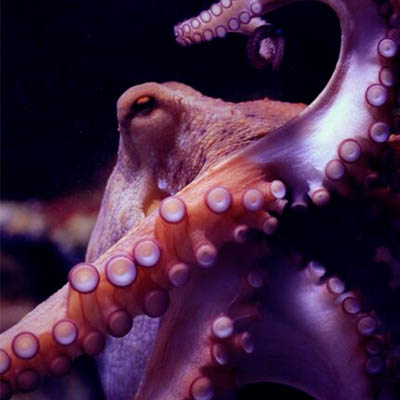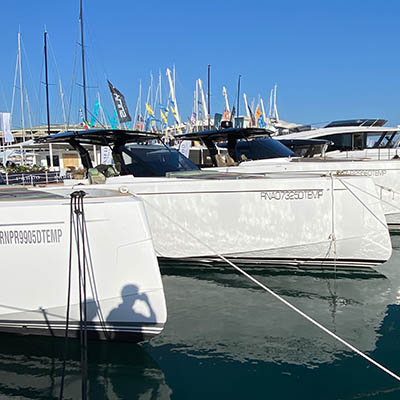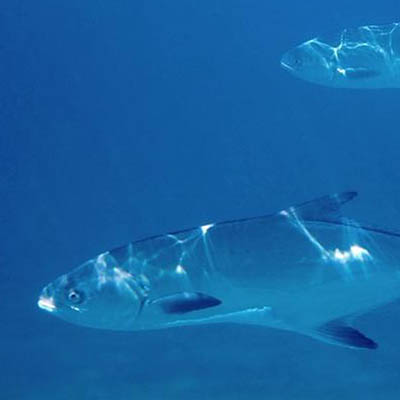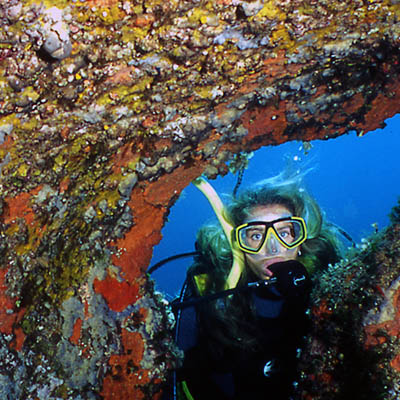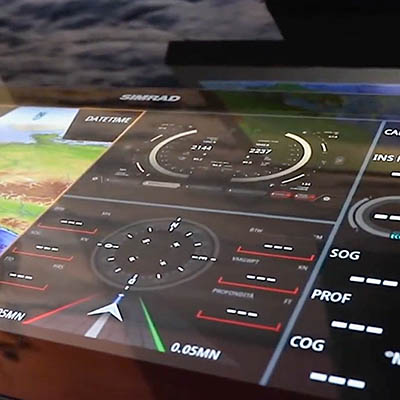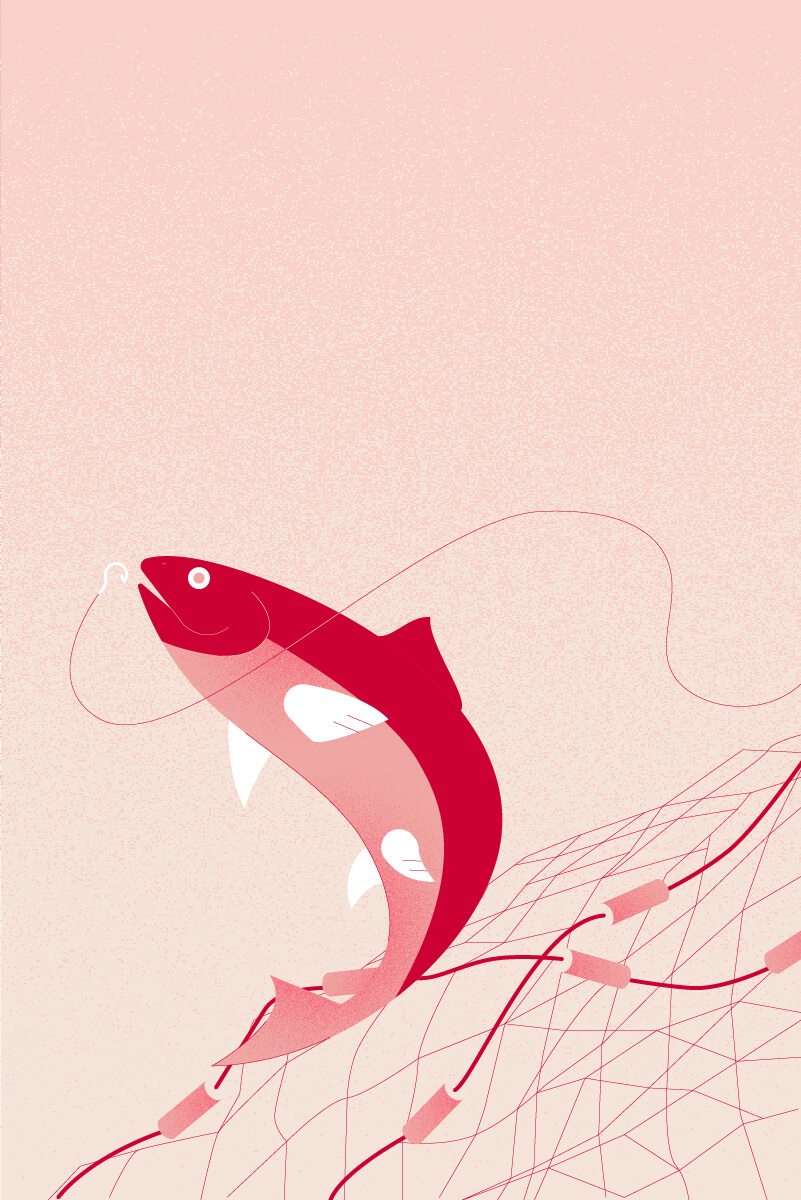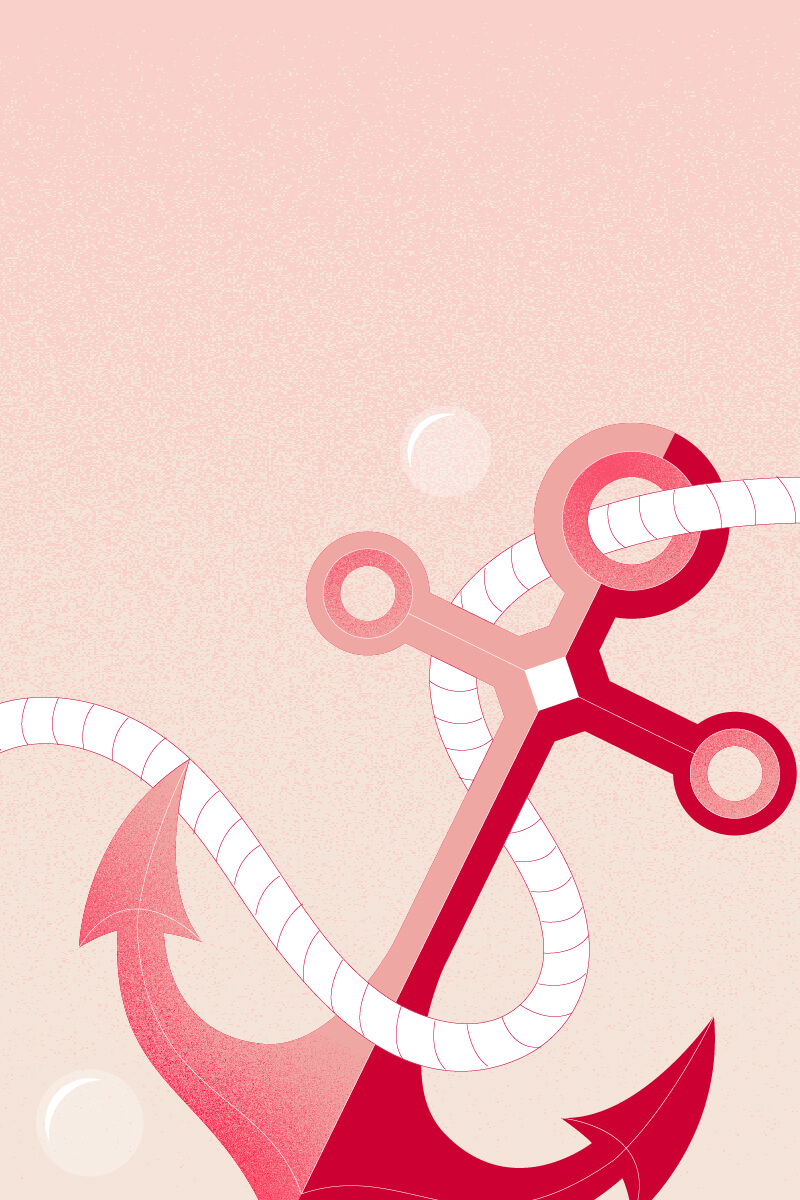Do octopuses dream like we do?
A study carried out in Brazil appears to confirm that octopuses have a sleep cycle similar to that of humans

A study carried out in Brazil appears to confirm that octopuses have a sleep cycle similar to that of humans
Is a mollusc capable of dreaming like we do? When put this way it seems incredible, a joke, certainly. Yes a study carried out in Brazil by the team lead by Brazilian neuroscientist, Sidarta Tollendal Gomes Ribeiro, director of the Brain Institute at the Universidade Federal do Rio Grande do Norte (UFRN), seems to confirm that cephalopods have a sleep cycle similar to that of humans.
After all, the source of the news is authoritative and comes from a researcher specialised in sleep study and animal behaviour (some of his studies on hummingbirds are well-known in the scientific community).
We have always known about the intelligence of the octopus, well known to anyone who has had the luck to see them in their natural environment or fished them. These splendid animals are capable of understanding and resolving simple problems, like, for example, opening the lid of a bottle to reach the prey within.
We also know about their incredible camouflage skills (where they can take on different shapes and colours), a skill they use to capture their prey, or to escape, in turn, from predators, or to communicate with each other.
The Brazilian scientists have now observed that during certain sleep phases, octopuses pulse with a different colour. This phase is very similar to human REM sleep (Rapid Eye Movement), which is when we dream. In another phase, the animal experiences a tranquil slumber, where it is completely still and takes on a pale white colour.
During an interview Dr. Ribiero noted that “we must be extremely cautious about the data collected on the sleep of cephalopods. In mammals, the active sleep phase, REM, is very long and can even last dozens of minutes. If the same thing does happen in the octopus, the narrative structure of the dream taking place must be much shorter. It is unlikely to be a complete story.”
Therefore, it is probable that the octopus dreams in a series of clips, not an entire “film” which sometimes happens to humans. Maybe he is dreaming about a delicious prey, and when he is about to catch it, the dream ends. How often does that happen to us though?
If you would like to see an octopus dreaming watch the video below, where you can watch Heidi sleeping in the aquarium belonging to the American marine biologist, David Scheel. It is so sweet to watch, and may make eating another plate of octopus and potatoes hard to imagine. Or your mouth may no longer water at the sight of them hanging out in front of a seaside Greek taverna. You decide if you want to take the risk.
Video source: PBS
Topics: dreaming octopus, new study, Octopus

